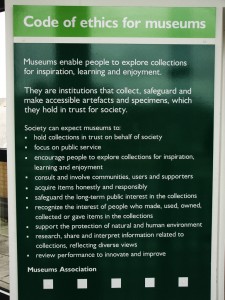Blake Huggins shared his thoughts on this great quote from NT Wright…
“It really is high time we developed a Christian ethic of blogging. Bad temper is bad temper even in the apparent privacy of your own hard drive, and harsh and unjust words, when released into the wild, rampage around and do real damage. And as for the practice of saying mean an unjust things behind a pseudonym – well if I get a letter like that it goes straight in the bin. But the cyberspace equivalents of road rage don’t happen by accident. People who type vicious, angry, slanderous and inaccurate accusations do so because they feel their worldview to be under attack.†– NT Wright
Blake continues…
I couldn’t agree more. Blogging is at the same time both great and dangerous. It brings out the best and the worst in us. I am grateful for the many friends that I have made through this platform but I get really put out with the slander and hateful words that are put forth under the auspices of speaking the truth or defending the faith, or whatever else. As Christians we have a great opportunity to have rich and robust conversation and to model what charitable dialogue and respectful disagreement might look like. At our best we do that well, but sometimes we blow it.
I totally agree with both. I’ve twittered and blogged several times in the past about how difficult it would be to go a whole day without complaining about something online.
Continue reading A Christian Ethic of Blogging

